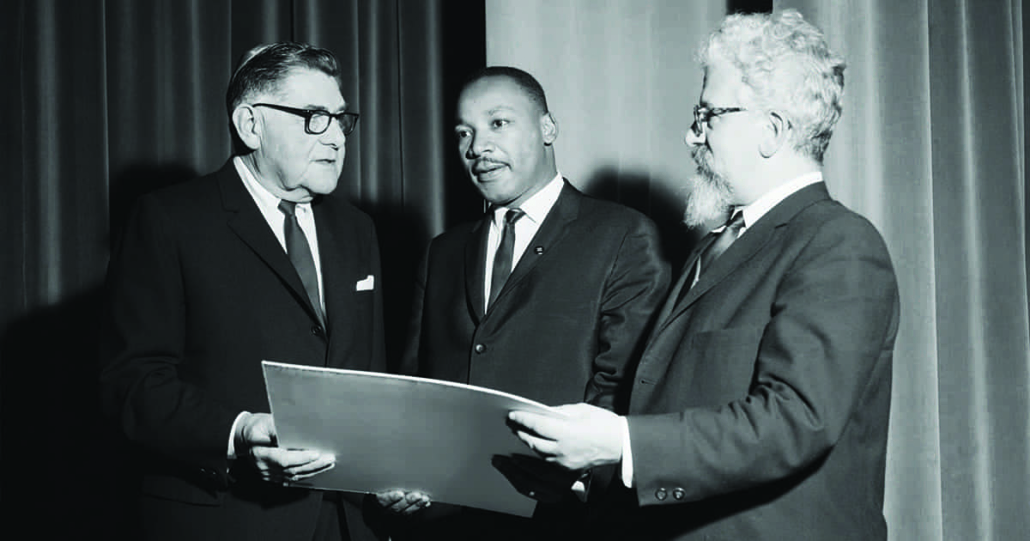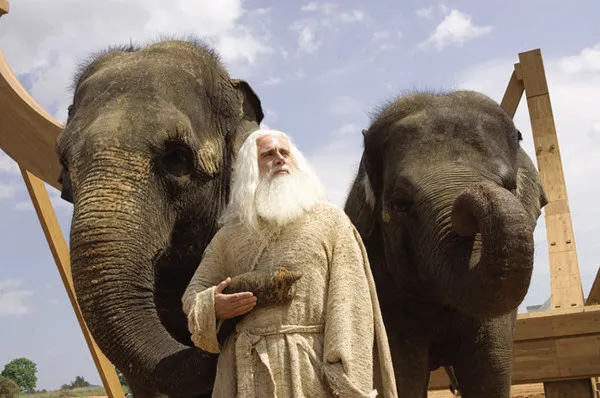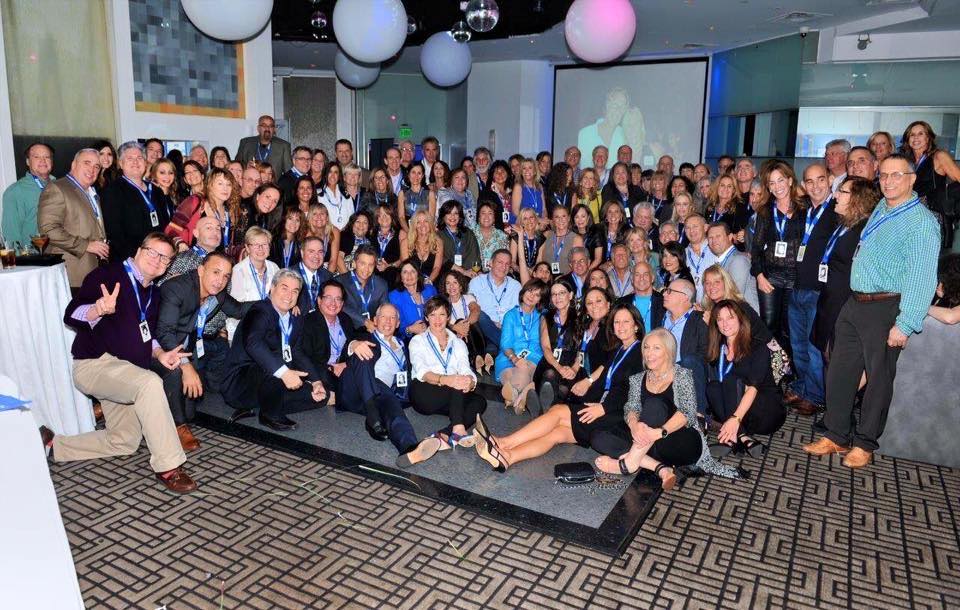I have just returned from another successful civil rights mission to Atlanta and Alabama. Especially before Passover, the parallels between the histories of Blacks and Jews resonate profoundly for me. Both groups suffered enslavement and oppression. The dark legacy of slavery reminds us of the importance of sharing freedom stories, particularly the narrative of Passover. While there are commonalities between the experiences of African Americans and Jews, it’s also crucial to recognize the distinctions.
For nearly two and a half centuries, Africans were transported to America and endured enslavement. While emancipation technically liberated Black Americans, they grappled with another century of suffering under the weight of Jim Crow laws and discrimination. Visits to Montgomery, Birmingham, and Selma underscore a moral chasm in America’s history. The 20th Century was populated by visionary leaders, fearful bystanders, and vicious oppressors. The legacy of slavery continues to manifest in limited opportunities for advancement, inadequate education, and ongoing threats to civil rights for Black communities.
Similarly, the Passover seder commemorates over two centuries of enslavement, with the Haggadah directing our focus toward God’s redemption of our people. As we celebrate freedom during Passover, we express gratitude (“dayenu”) and praise (“hallelujah”). Into the seder, we incorporate extending hospitality to strangers and symbolically expelling hatred from our midst. Each seder serves as a poignant reminder to embrace the belief that all human lives are valuable and a better world is attainable.
While the stories of African Americans and our Hebrew ancestors share commonalities, it’s essential to approach these parallels with two cautions.
Firstly, through the lens of the Haggadah, Jews are compelled to acknowledge God’s role in their salvation. Passover is a time to renew faith in the divine. Your faith may manifest through efforts to combat slavery and expand freedom. Moreover, the primary objective of this celebration is to foster a deeper connection with God. For those grappling with the concept of Divinity, the Seder remains an opportunity to appreciate heritage or hope for change.
Secondly, rather than solely seeking common ground with other oppressed groups, there’s immense value in honoring the unique identities of each community. By making space for the distinct narratives of others, we deepen our understanding and foster healthy connections. If we honor other groups we gain their respect. Civil rights missions are about acknowledging and uplifting our neighbors, rather than retreating into our histories. With genuine appreciation and active listening, we forge alliances and safeguard our individuality. Successful interactions are a delicate balance of recognizing shared experiences while respecting differences.
May your Passover seder awaken us, inspire us, and instill a profound appreciation for the uniqueness inherent in every human being.
Rabbi Evan J. Krame





